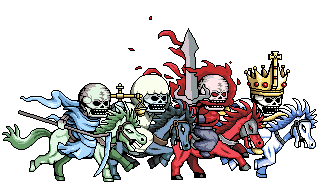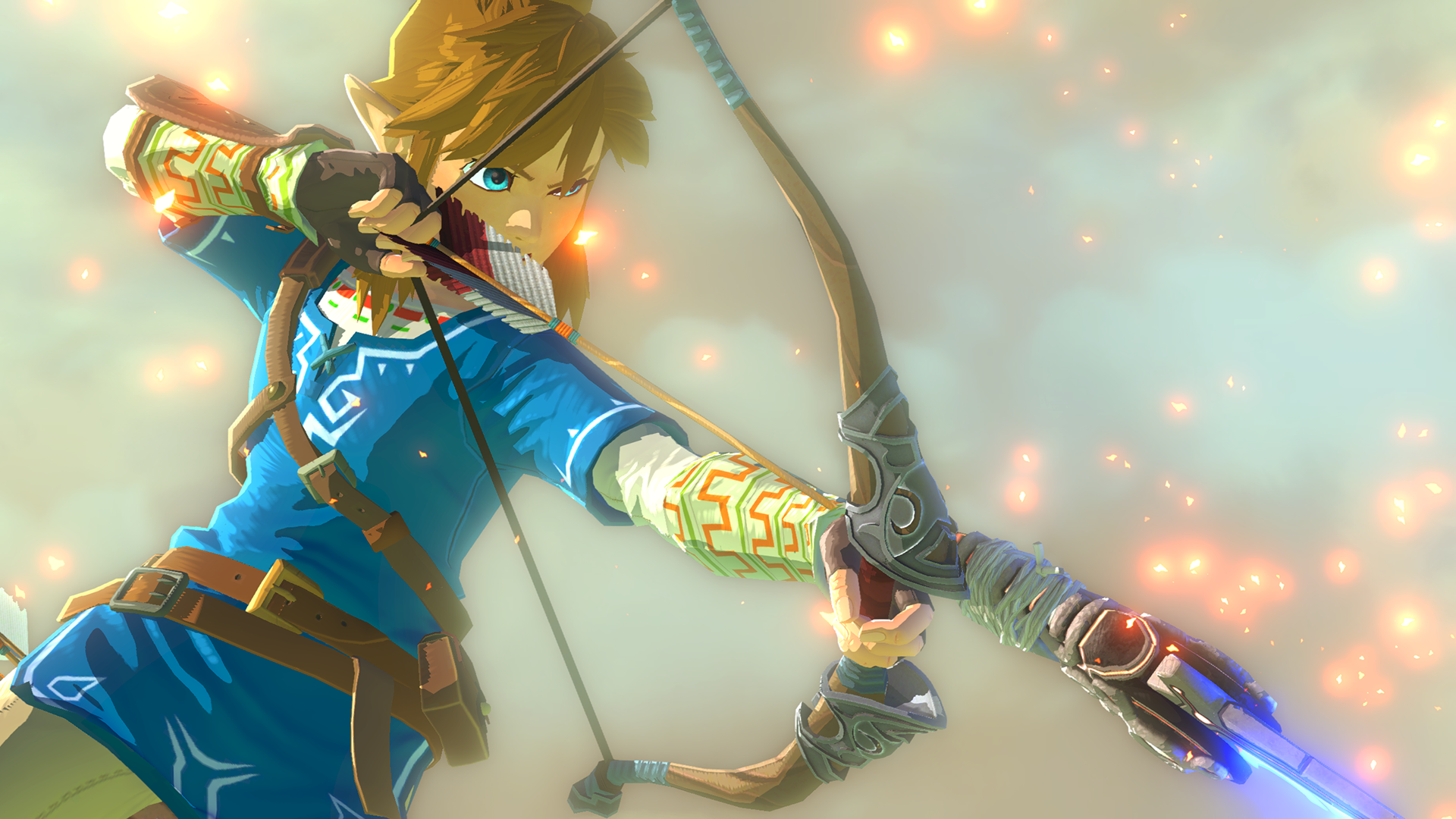Kirameo said:
dunno001 said:
Kirameo said:
dunno001 said:
That is not piracy, as while your friend is borrowing the game, it deprives you of the ability to play it. There was one license sold, and one copy existing for it. This is fine (even if a few companies may want to say otherwise). What would be piracy is if you made a copy of it for your friend, as your one license now can be used twice concurrently. I assume that Canada also has something like the US's version of right to resell? Loaning it is selling it for $0, with the intent that it will be sold back to you at a later time for $0. Weird wording, I know, but it does allow it to fall into the fair use part. |
The used games market argueably hurts the industry more than piracy.
If I buy a physical copy that is used (meaning that the company doesn't benefit from it) I'm sure I would most likely buy a new copy (benefiting the company) if there was not an used one.
In the other hand, someone who pirates most likely would not buy the game if he could not pirate it.
|
I'm not going to the used market, as, unlike piracy, used games are legal to buy, and for every argument against, there's one for. That's something that nobody's going to agree on. And let's be honest- if someone traded in a game after a week, that means it wasn't worth keeping to them. As for buying habits, that's also going to vary from person to person. I have a roommate who used to pirate stuff, that has stopped of free will, and is trying to buy legit physical copies of everything he ever pirated. Conversely, I'm also trying to talk the other roommate into not getting FF13 at all, or, if she insists, waiting to get a used copy. (I expect used copies to start showing up about 2 days after release.) |
But why would you get an used copy? I mean, it's almost the same thing as piracy because the company does not receive money and you get the game. The difference is that you are getting a physical copy (while pirats do not) and the seller of the game gets benefited. |
It's far from the same thing as a pirated copy in my eyes. My goal in getting the software (in this case) is not to support the developer, but to do things right, and by right, I mean:
-Legally. I have a copy of the game that has been authorized by the rights holder to exist.
-Resale value. Should I choose to get rid of the game, it can be fairly resold without crossing any IP laws.
-No modding. In the case of FF13, we'd be getting the 360 version. If the system is modded and MS detects it, then it gets bricked from online, for violation of the MS TOS.
-Physical copy. Yeah, you mentioned this, but it can be put on a shelf with other games and look good.
So no, there is a significant difference from piracy and buying used. Besides, didn't you say that if you couldn't get a used copy, you'd probably buy new? What's to say that my removing the used copy means someone else wouldn't buy new instead of that used copy I got?
























































